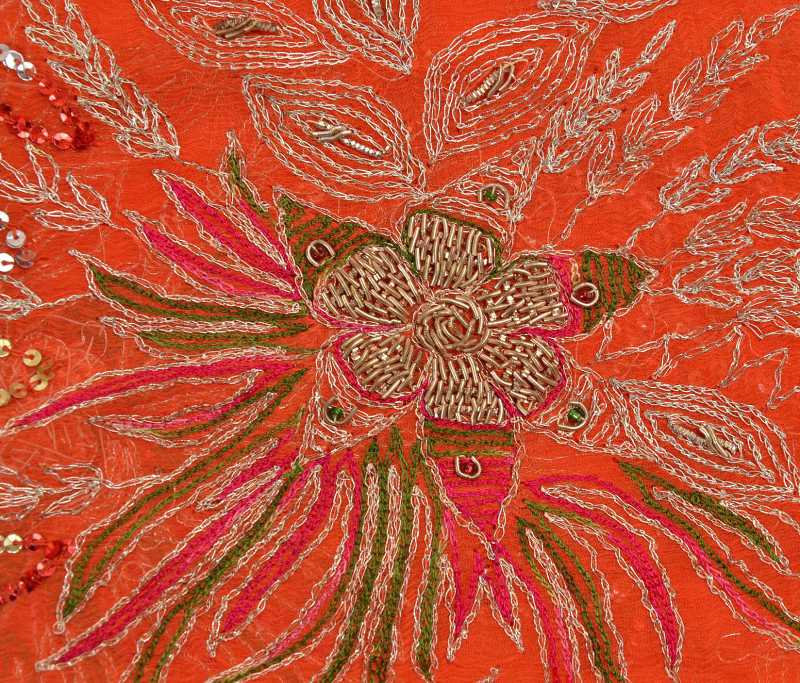===
0885,
4
===

=== |
 |
fāṣilah : 'Separating; separation; intervening space, interstice, interval; break, gap; space, distance'. (Platts p.775)
FWP:
SETS
MOTIFS == CHAK-E GAREBAN; MADNESS
NAMES
TERMS == MOOD; REPLY; THEMENote for grammar fans: SRF takes ab ke as a colloquial shorthand for ab ke mausam meñ , 'in the present season', which can only refer to spring, the classic time when lovers' madness reaches its peak. This is an obvious thing to do, and it works very well. But it's not the only possible reading. Think of ab kī for ab kī bār , or ab ke for (presumably) ab ke vaqt . Such more neutral time expressions don't invoke the seasons at all. See {85,1} for an example of such an ab ke meaning 'now'.
Nor are time expressions the only option. Grammatically speaking, we could also read 'in the present madness', with ab ke taken as modifying junūñ . The only difference is that the verse would become slightly narrower, because it then would be only psychological and would have no reference to the seasonal causality that's so potent and evocative in the ghazal world.
Note for translation fans: It's important to use 'rip' rather than 'tear' in contexts like this, because of the ambiguities of English spelling. The possible confusion with weeping and teardrops-- so abundant in the ghazal world-- should at all costs be avoided.